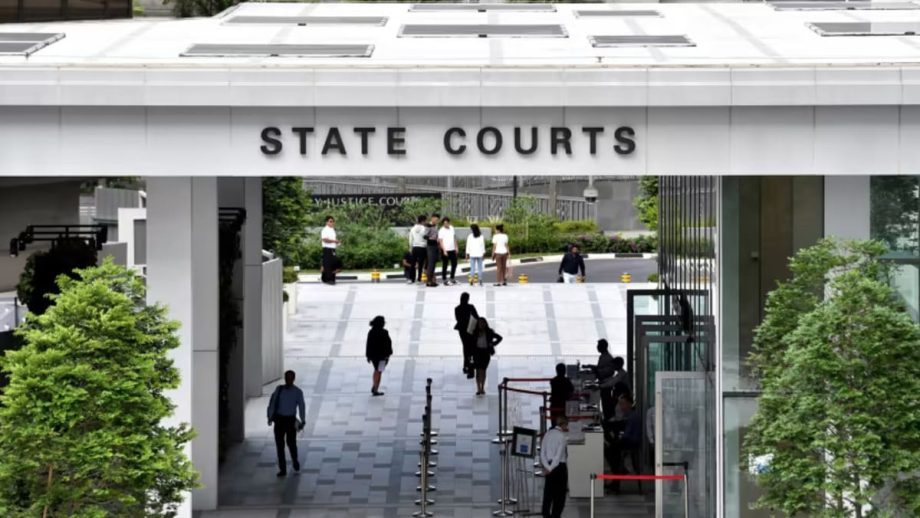SINGAPORE: An SMRT technical officer who was in a minor accident with another driver sued for at least S$75,000 (US$57,760), but a court awarded only a fraction of the amount.
In a judgment made available on Tuesday (Oct 14), District Judge Georgina Lum found that an injury claimed for by the plaintiff was pre-existing.
She also found that the sum of S$33,750 over 216 days of medical leave claimed for loss of earnings for his side job as a Grab driver did not tally with a previous declaration to the Inland Revenue Authority of Singapore (IRAS) that he had earned only S$18,000 for the year of 2019.
The plaintiff, Mr Ja’afar Abdul Samad, had stopped at a red light sometime past 4.15am on Jan 19, 2022 at the junction of Yishun Avenue 5.
The defendant, Mr Lim Zhen Xiang, had stopped behind Mr Ja’afar but dozed off and accidentally released the car brake. The vehicle then rolled forward into Mr Ja’afar’s vehicle, in what Mr Lim called a “minor collision”.
Mr Ja’afar did not challenge Mr Lim’s version of events during the trial, nor did he dispute the authenticity of the photos taken by Mr Lim.
At trial, Mr Lim said he bore full responsibility for the accident. He agreed to pay Mr Ja’afar the sums of S$972.88 and S$420 for repair costs and Mr Ja’afar’s loss of use for the vehicle.
CLAIMS BY MR JA’AFAR
Mr Ja’afar sued for general damages for pain and suffering and loss of amenities amounting to S$32,000, loss of earning capacity amounting to S$15,000, S$28,000 for future medical expenses and treatments, and special damages.
Mr Lim disputed the extent of loss and damage, saying Mr Ja’afar’s medical issues were not attributable to the minor accident.
Among other things, Mr Ja’afar claimed that the accident resulted in injuries to his right shoulder, which include an acute muscle injury, a fracture and a rotator cuff muscle or tendon injury.
Judge Lum accepted the opinion of an accident investigator called by Mr Lim, who said the contact between the vehicles was “so light” that it would not have caused Mr Ja’afar’s vehicle to surge forward, or forced Mr Ja’afar forward in his seat.
The expert said the level of dynamic movement asserted by Mr Ja’afar was “simply not possible” given the nature of the collision and the “very low speed minor rear contact”.
The judge accepted the expert’s views, as they were in line with photographs showing no obvious damage to both vehicles, low repair costs agreed to between the parties and the fact that the back-seat passenger in Mr Ja’afar’s vehicle had not been injured.
She found that the accident was “one of low impact”.
As for the alleged shoulder injuries, especially the rotator cuff injury, Mr Ja’afar’s expert witness Dr Han Fucai said he could still continue with his two jobs but he feels pain in the shoulder with heavier loads, overhead and strenuous upper limb activities.






